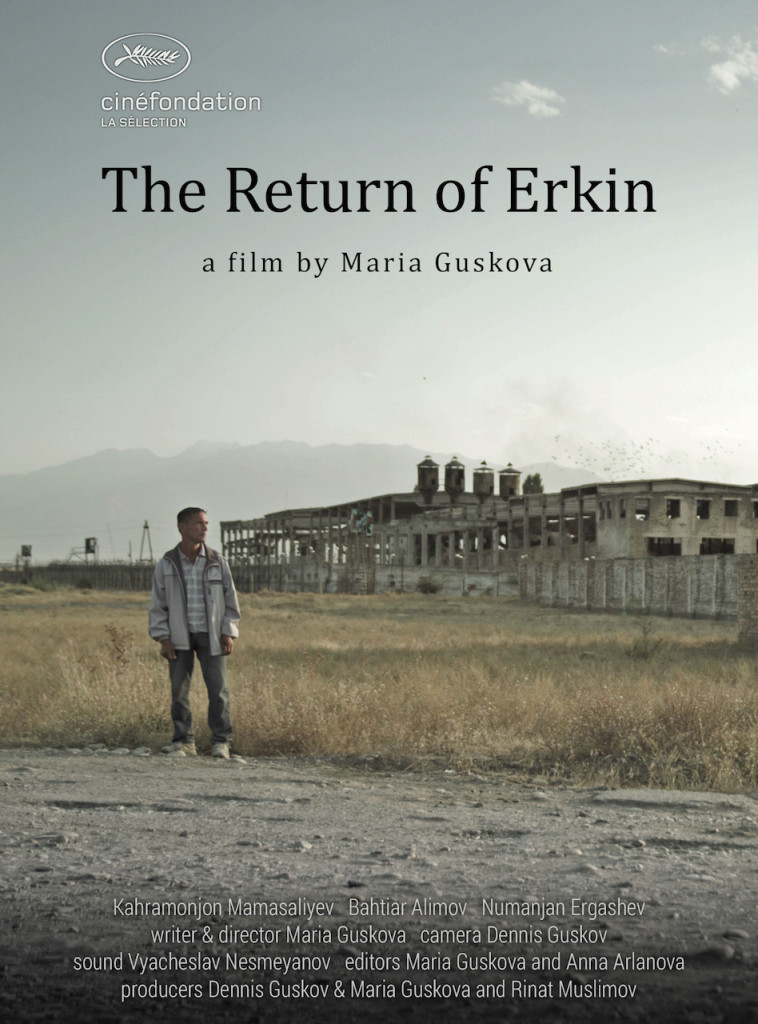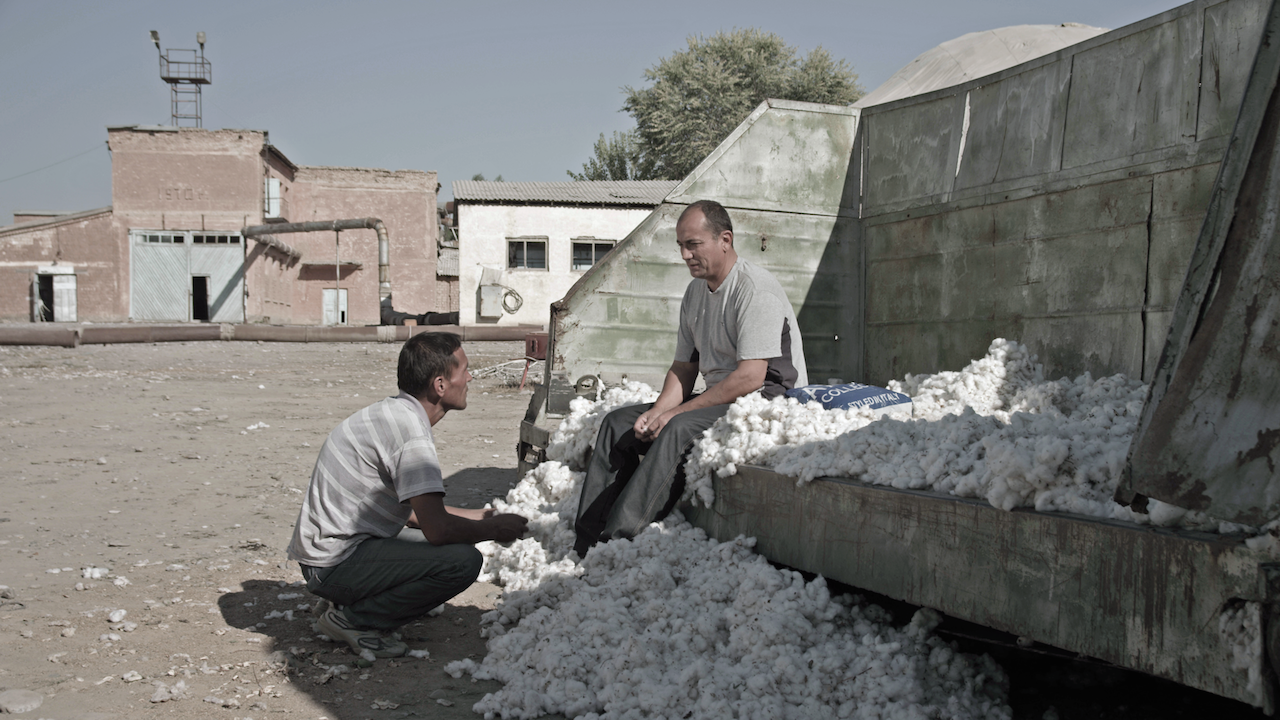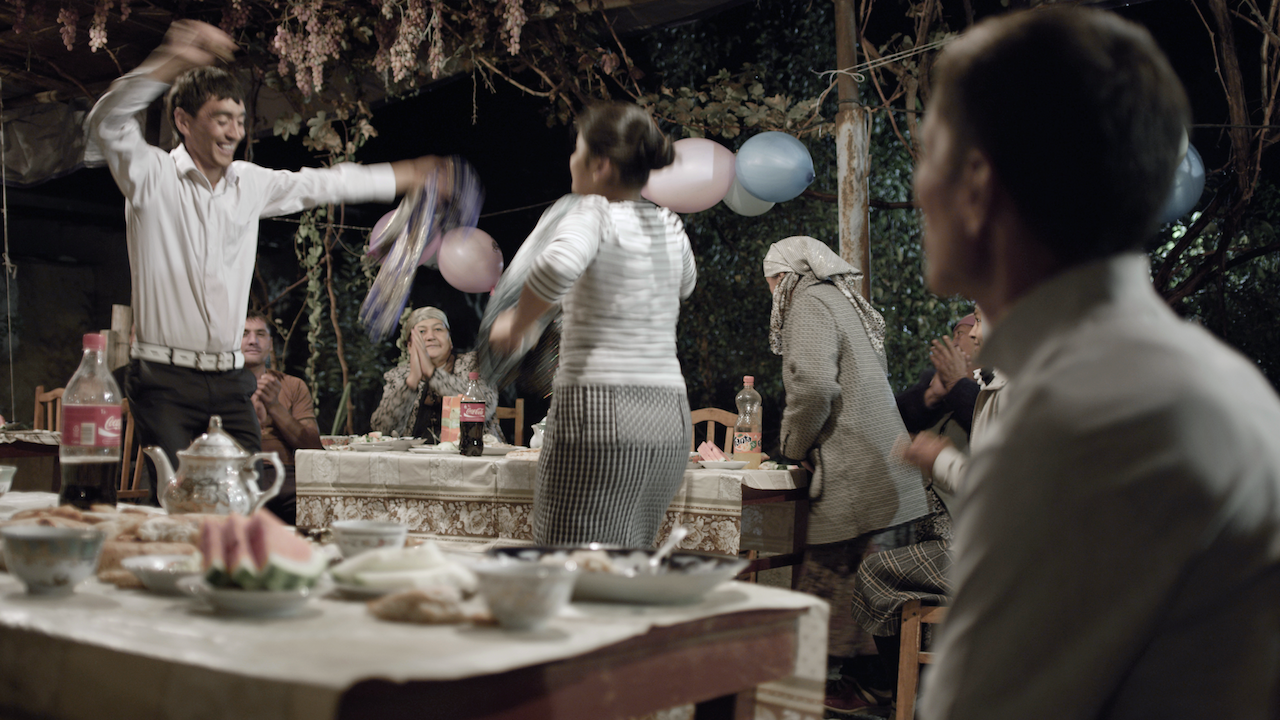Director Maria Guskova
Cinéfondation, Festival de Cannes 2015
“This is a film about a person who was in prison after accidentally killing someone. At the beginning of the film, he gets out of prison and his life has changed, so he tries in lots of different ways to get it back to normal. The most important thing for him is to be forgiven by the father of of his victim.”- director, Maria Guskova

GFM:
What led to your decision to film The Return of Erkin in Kyrgyzstan. What is the cultural relevance you were looking to bring out in this story?
Maria:
My inspiration for the film came from a real life situation, and the person who told me the story was from Kyrgyzstan – it was his father that was in prison at the time. He was working here in Russia to try and earn money to help his parent get out of prison.
My original intention was to shoot the first meeting this person had with his father after he was released from prison as a documentary in Kyrgyzstan, but as the project developed, I realized that the story should be about the father, not the son. This story could have happened anywhere, really, but the script was written with real people in mind, real situations and real locations that I found while I was researching the story in Kyrgyzstan. So, naturally, it only could be shot there.
GFM:
The way you illustrate the life of ordinary people in Kyrgyzstan is captivating. How was your experience filming there?
Maria:
It was great. I actually moved over there for three months when I was writing the script. I spent a lot of time communicating with the people there, visiting different places, trying to live their lives and just being integrated in their society. It was extremely helpful for the script – I was constantly discovering things that I had never even thought about before. All of these things influenced the final script.
GFM:
How many people in the film are professional actors?
Maria:
There was just one person that had been in a movie before, and he was the MC at the wedding. All of the other people were non-professional actors, which is a decision I made because I wanted everything about The Return of Erkin to feel genuine and natural: the way it is in real life.
When I found the man who was to play the role of Erkin, I had already been searching for a while and was beginning to get a little frustrated. But I saw him one day and I immediately knew that he was the person I was looking for. So I approached him and we met that evening in a tea house, and I shot some footage of him to gauge what he was like around the camera. It was quite important that whoever played the lead character could dance, as this is part of an important scene in the film, so I also asked him to dance for me. People were just watching and laughing at us, not understanding what was happening! He didn’t notice it, which made me see that he wasn’t conscious of the camera at all. He had this level of freedom which would help me to mold everything I needed as a director.

GFM:
What does having The Return of Erkin accepted into the Cannes Cinefondation competition mean to you?
Maria:
The fact that the film was accepted into Cannes is sort of a validation that the film came together. When you’re writing the script, shooting and even when you’re finishing the post, sometimes you start to doubt if you’re going the right way and if you’re going to see the result that you want at the end of it all. You’re so involved in the process that you fail to see it objectively anymore, so getting into Cannes means that we were successful in bringing this story to the screen.

